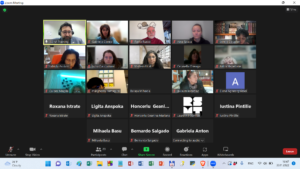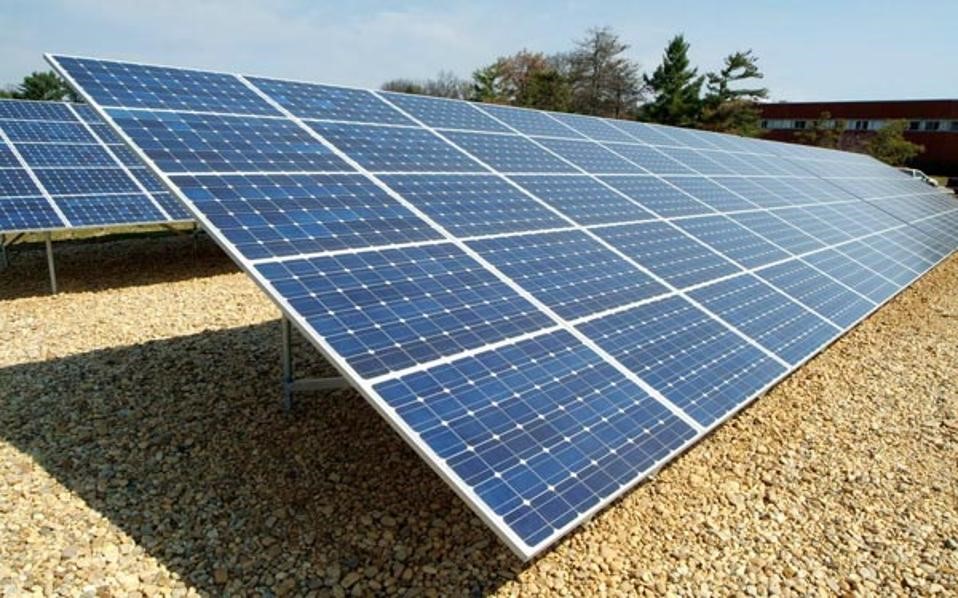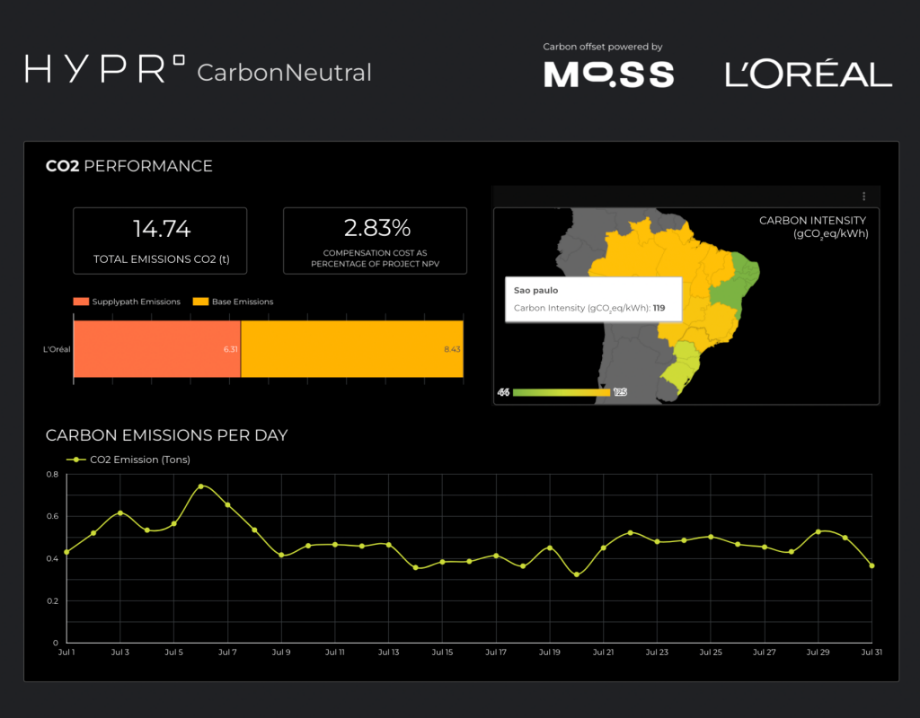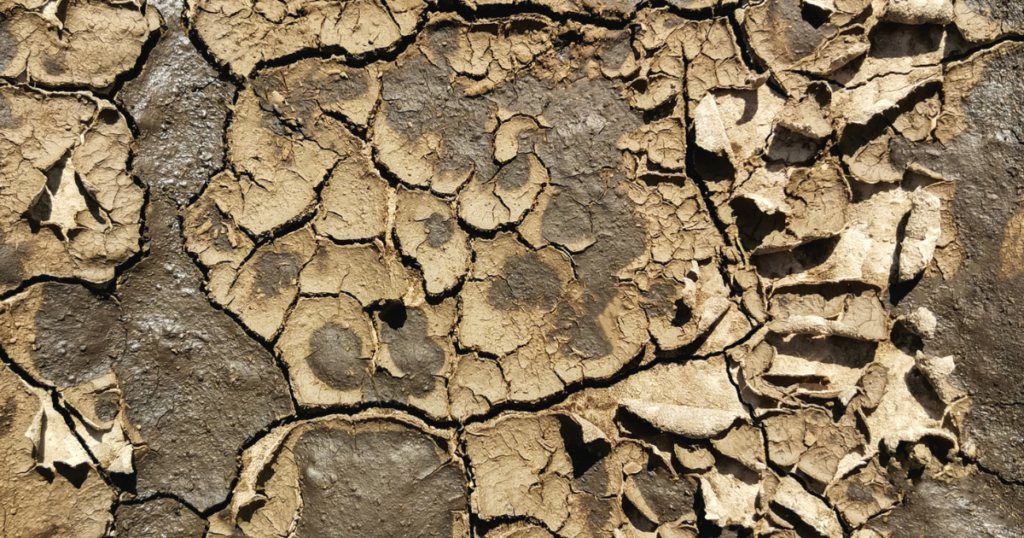The Government of Romania has approved the National Strategy on Education for the Environment and Climate Change 2023 – 2030. It is a moment of utmost importance for Romanian education, being the first time that Romania adopts a national strategy dedicated to education for the environment and climate change. The programmatic document establishes clear actions to increase the degree of education and awareness, among children and young people, regarding sustainable development and environmental responsibility.
The objectives and the measures foreseen aim at several levels (formal and non-formal education, human resources, including teacher training, investments, open resources, partnerships, etc.), through four directions of action:
– the implementation of a national educational program for the environment and climate;
– identifying, promoting and facilitating solutions for the creation and use of educational resources;
– creating, developing and supporting the rehabilitation of infrastructure for sustainable schools;
– the training of human resources involved in education regarding the environment and climate change in order to promote a culture of sustainability at the level of educational institutions.
In this context, educational institutions become strategic partners in building a sustainable future. Therefore, students and teachers will benefit from all the support to understand the seriousness of the climate and environmental crisis, to be aware of their causes and effects, but also the ways to improve society’s response to these challenges. Through education on climate change and the environment, the Ministry of Education proposes an education that promotes a sustainable lifestyle, through the development of ecosocial skills.
This objective aligns with the principles of the Romanian President’s Project, Educated Romania, which aims to cultivate respect for the environment as part of the values promoted and developed through education. One of the goals assumed by this project is for the education system to form responsible citizens towards society and the environment.
During the COP 27 Summit, from November 2022, the President of Romania supported the National Declaration aimed at promoting research and innovation to support climate action, food security, vulnerable communities, adaptation to climate change and effective response to emergency situations generated by climate change. During the summit, President Klaus Iohannis co-chaired with the Prime Minister of the Czech Republic, Petr Fiala, a high-level event on the topic of promoting climate change education, attended by heads of state and government from the European Union and partner states, as well as representatives of European institutions and international organizations.
From this perspective, education for the environment and climate change must be approached in an integrated manner, in all years of study, while the infrastructure of educational units must be adequate to European and global standards of sustainable development. Sustaining and developing a network of „Green Schools” is a strategic objective in the priority area „Education System Infrastructure”, and European and global elements regarding sustainable development are provided in several priority areas of the Project.
The basis of the strategy is also the Report of the Presidential Administration Education on climate change and the environment in sustainable schools, validated by the public consultation concluded on February 11, 2022, a continuation of the „Educated Romania” Project, the operationalization of which was included as a commitment in the Strategy National Defense of the Country.
Education on climate change and the environment in sustainable schools responds to European priorities, the commitments assumed by Romania and the concerns of citizens in the field of climate change and environmental protection and aims at pre-university education by increasing students’ exposure to information about the factors that lead to environmental degradation and climate change, ensuring the context for them to get involved, during schooling, in concrete environmental protection activities.
Therefore, the objective of education regarding the environment and climate change is to develop the knowledge, skills and attitudes necessary to adapt to climate change as well as to protect the environment. Environmental and climate change education aims at education for social change, through public awareness and concrete actions, in order to create a sustainable future.
The implementation of an Educational Program for climate and environment is a key objective that will be achieved by introducing in the national curriculum a week dedicated to the environment and climate change, the Green Week, as well as by introducing, in the national curriculum offer at the decision of the school (CDS) , of disciplines dedicated to education regarding adaptation to climate change and environmental protection.
The objectives of the strategy, in terms of solutions for educational resources, are both to create such a digital ecosystem for climate change and environmental education through various applications and platforms, and to provide varied options of extracurricular and extracurricular activities, which be developed with the help of teaching staff, environmental NGOs, as well as other relevant institutions in the field.
The implementation of the National Recovery and Resilience Plan, in the programming period 2021-2026, targets Component 15 „Education”, Investment 10 „Development of the network of green schools and the purchase of green minibuses”, targets 486,487,488, with deadlines in Q2 2023, respectively Q4 2025.
In the European and national context of the transition to „green” and intelligent buildings, in June 2022, it was approved, by the Order of the Minister of Education no. 4147/2022, Framework methodology regarding the organization and operation of „green schools”.
The three essential components of operationalizing the „Green School” concept are: infrastructure, curriculum and pedagogy. „Green Schools” will implement measures and achieve targets related to:
– elements of sustainable school infrastructure (superior energy efficiency through thermal insulation, energy generation systems from renewable sources, green space planning, collection and selective delivery of waste, etc.);
– an environmentally and climate-responsible curriculum that includes content about and for the environment, integrated in a transversal manner, in all years of study.
Romania has committed, at the international and national level, to increase, through education, the degree of awareness of the population regarding climate change and environmental issues. Thus, according to the „Doha Program for 2022-2031„, Romania is among the countries that commit to act firmly to protect the environment and against climate change by developing and implementing training programs at all levels and to join the Action for Climate Empowerment ACE (Actions for Climate Protection, a term adopted by the United Nations Framework Convention on Climate Change), by implementing this national strategy.
https://www.edu.ro/comunicat_presa_03_2023_adoptare_SNEM
ISJI organized three training sessions for teachers from partner schools in the Good DEEDs project, which took place on October 24, November 30 and December 22, 2022.






